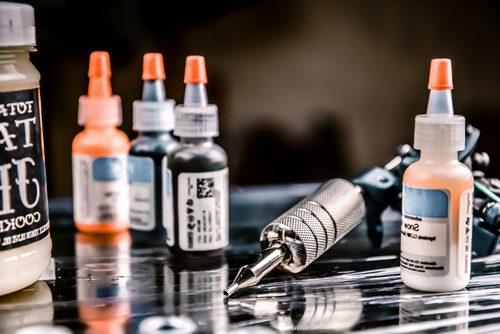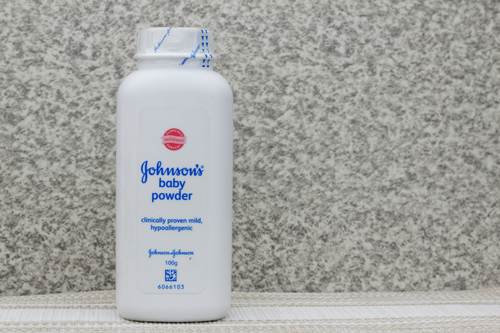
In the United States, the vitamin/supplement industry is regulated quite differently than the pharmaceutical industry. Prescription drugs are required to go though rigorous testing with ample evidence that the drug is effective and safe. The same is not the case when it comes to vitamins and supplements. Sermo asked doctors if they think vitamins and supplements should be regulated more similarly to pharmaceutical products.
While 73% voted that the FDA should regulate vitamins and supplements, there are still many different attitudes about the details of how this could be accomplished and what, specifically, should be regulated.
Some doctors felt that vitamins need regulation because the positive effects they claim are untested, as are potential side effects:
“Yes, did an autopsy on a women with liver failure due to many herb and vitamin consumption. Take away some of the regulations [placed on doctors] and give them to this industry please” – Pathology
Some doctors felt that the most important thing to regulate was that vitamins and supplements actually contain what they advertise – which is not currently required and has been a problem in past.
“I agree, that way we could be sure what is actually in them.” – Pain medicine
“At least the contents and purity should be tested” – Internal Medicine
27 percent of doctors disagreed, but the extent to which they disagreed and their reasoning varied.
“FDA approval? No. Content and purity assurance? Yes” – Orthopedic Surgery
“No…The application fee for the FDA to consider your product: $2.4 million. For a federally funded agency. And if that wasn’t enough, look up what happened with colchicine for a little preview of what could happen if they suddenly had domain over a whole new segment of the market. “ – Psychiatry
Are you a physician? Login or join Sermo to let your voice be heard and share your opinion on this topic.














